Mystery, Intrigue and Paranormal Elements Surround the Plot of RIVERWALKER
 | |
| Author Bud Bradshaw |
Bud Bradshaw’s paranormal thriller, Riverwalker, is his
second work, the first being Brandishing, the true-crime story of the
Newhall Incident, the California Highway Patrol’s greatest tragedy and one of
the worst officer shootings in the annals of law enforcement. Both books
are available on Amazon.com/kindle. Bradshaw’s formal writing experience
dates back to 1969-71, when he began writing Intelligence reports while serving
as a Special Agent with the Army’s 109th MI Group in Baltimore; later, he wrote
med-legal reports, chiefly as a Qualified Medical Evaluator and Disability
Evaluator for the state of California. An artist since childhood,
Bradshaw also developed a parallel career as a painter, that work focusing on
the subjects of military history and the American West. A member of the
Western Artists of America, many of his paintings, prints, and giclees are
housed in museums and private collections throughout the world. You may view
his web site and blog at www.budbradshaw.com/blog, or contact him via Facebook,
or on Twitter @budbradshaw1.
Welcome to The Writer's Life, Bud. Can you tell us a little
bit about yourself and how long you’ve been writing?
A: The first creative writing I managed to produce was in college,
a few poems and songs. It was the era of folk music-meets-the-Beatles,
and everyone was suddenly a poet/songwriter, including me. If you could carry a
guitar, you qualified; and I could, so I did. It was a time of cafeteria
coffee and pensive expressions, deep discussions over French-fries and 19-cent
chiliburgers, love-ins and campus protests; all the while, like fingernails
scraping across a classroom blackboard, the headlines screeched relentlessly of
Vietnam while the politicians smiled and handed us our 1-A draft
classification. Eventually, I decided to enlist in the Army and, by
January of ’69, was off to Fort Ord for basic training, and thereafter to the
Army Intelligence School at Fort Holabird, Maryland for their Special Agent
course. We were to be tasked primarily with conducting background
investigations on Department of Defense personnel who required security
clearances, and so were well-trained in interviewing techniques and
well-structured report writing. Operating from our field offices, we
dressed in suits and ties, carried a badge and credentials. During the
course of conducting our investigations, our focus was on the subject’s
loyalty, integrity, discretion, morals, and character – lidmac, as we
referred to it; this constituted the main body of our reports, many of which
proved to be, in fact, quite routine. However, on occasion, some strange
bird would lay an egg filled with derogatory information requiring us to follow
up with highly-detailed reports. These proved fascinating as they raised
the curtain on a subject’s private life, often revealing a variety of
trespasses including acts of sexual promiscuity, gambling, breaches of security,
blackmail, questionable loyalty; there were cases involving prisoners of war,
suicide, drug and alcohol abuse; all this ultimately generated narratives of
incredible depth and drama. Not only was it an intriguing writing
experience, it imposed a daily discipline and provided much grist for the
writing mill in the years to follow.
 | |
| RIVERWALKER Book Tour |
For more than three decades thereafter, I worked in health care
where the bulk of my writing consisted of med-legal and disability
reports. While doing this, I also began a parallel art business, selling
my history paintings, prints, and giclees; to enhance the presentation of the
art, I wrote accompanying articles explaining the images. Gradually, I
began developing a plan to write a book based on a true event which had captivated
me for many years, the event being the Newhall Incident of 1970, the book being
Brandishing. Following that first published work, I needed a
change of pace, and so turned to fiction. The result was, and is, my
current work: Riverwalker.
Can you please tell us about your book and why you wrote it?
A: Riverwalker is what might be described as a
fictional work in the paranormal/ thriller/horror genre. Hmmm.
Mixed genre, anyone? Regardless of any label we might impose on the
mongrel, we must more importantly determine if the story is good and serves a
purpose. Does it entertain? Inform? Suggest colorful topics for
discussion? In my opinion, Riverwalker accomplishes all these
things, but people may label it as they see fit.
In Riverwalker, we meet Gifford
Holloway, a San Antonio Police detective with a special gift: the art of Remote
Viewing, which he uses to his advantage as he tracks down a child murderer,
Karl Wolff Adler, a psychotic serial killer who operates in and around San Antonio’s
beautiful Riverwalk attraction. As the reader journeys through the
pages, there are encounters with brujas (witches), Nazis, Ouija-like
boards called Tablets, remote viewers, figures from the ancient Aztec and Norse
pantheons, pagan calendars, intersex individuals, a mysterious diary, an even
more mysterious old river (el Mujer Grande), and a few pinches of local Texas
history.
Originally, Riverwalker was to be
a ghost story played out on San Antonio’s beautiful and famous River Walk
attraction, a perfect foil for the horrific crimes. There followed a
natural linkage to the Alamo and the Bowie Knife, strongly suggesting the
possibility of a slasher-type villain as the focus of evil. This all
provided the fictional change-of-pace I had sought in this new work, but beyond
a certain point the story seemed to lack intensity. The emotional
component needed to be ramped up. A very difficult decision followed, one
involving the most vulnerable of all victims: children. Child abuse became
a central theme and, in turn, quickly became one of the principal reasons –
certainly the most emotional - for my writing Riverwalker.
In my past, I had witnessed much child
abuse. While in high school, the butcher knife held to my throat and the
beatings I incurred paled by comparison to what was suffered by my three
half-sisters and step-brother, who were all literally brutalized over a period
of many years. They were all, at one time or another, either cut, burned,
raped, or beaten.
From my earliest years I was always a
good reader, usually out-performing most-if not all-of my classmates in many of
my classes from elementary school through high school, but this was not due to
any advanced classroom reading technique or over-indulgent, doting teacher. Not
at all. On any given evening, at “home” – the word still makes me cringe - I
was expected to read out loud from whatever material was handed me, be it a
newspaper, magazine, or – God help me – a handwritten letter. Try this:
hand your second or third grade child a letter handwritten by an adult; have
them read it out loud; grade their performance. How did they do? In
my case, I was expected to be no less than perfect. If I stumbled, I was
slapped on the side of my head or struck across the back of my neck and
shoulders with a leather belt. You might say I was a fast learner.
I do not, however, recommend the technique for use in civilized classrooms.
At some point, I had to explore the
issues surrounding child abuse and ultimately, deal with my own demons. Riverwalker
became, among other things, the vehicle of that expression. Perhaps
that’s why it required so many years to complete.
What kind of research was involved in writing Riverwalker?
A: Most of it was pre-Google and, at times, seemed
endless. Any given avenue of research would quickly lead to another and
another, etc. For example, the history of the Riverwalk led to the
region’s early German settlers; Texas history led to Mexico which led to the
history of the Catholic church in North America, brujeria, the ancient
Aztecs and their gods; witchcraft led to Ouija-like boards called Tablets,
accessing spirits; remote viewing led to the history of its use by the military
during the Cold War; Nazis led to the ancient Norse and their gods, as well as
to the P.O.W. camps here in America during WWII; drug abuse led to chemical
abuse in bodybuilding, while investigating anatomical variation led to the
Intersex Society of America. I have two large cardboard boxes of research
materials related to researching this book. I also constructed the Riverwalker
mask and the Ouija-like Tablet seen in the book.
Has it been a bumpy ride to becoming a published author or has it
been pretty well smooth sailing?
A: Nothing smooth here, but I never expected it to be
so. With few exceptions, dealing with rejection goes with the territory
for most writers.
For this particular book, how long did it take from the time you
signed the contract to its release?
A: Riverwalker was never under contract, but work on
it began sometime in the mid-1990s.
Do you have an agent and, if so, would you mind sharing who he/is
is? If not, have you ever had an agent or do you even feel it’s necessary
to have one?
A: My literary agent’s name is Luise Healey, who is also an
Attorney-at-Law; she resides in Irvine, California and, in addition to handling
my work, she has been a good friend and confidante through the years.
Do you plan subsequent books?
A: Certainly. It could be described as the further adventures
of Gifford Holloway, but that won’t be the title.
Can you describe your most favorite place to write?
A: For me, the quietest place – no distractions, especially
annoying telephones - is usually the best. Atmosphere is key, but it can
vary, maybe a kitchen table or a sofa; perhaps an old public library with
unending shelves of books. A yellow legal tablet, pens, perhaps a few
colored pencils or markers are sufficient tools with which to begin; later, the
PC and keyboard take over.
If money was no object, what would be the first thing you would
invest in to promote your book?
A: If money were truly no object, a book trailer of movie
trailer proportions would certainly be dramatic. Schedule some prime time
television exposure; show it in theatres; follow up with some strategic sound
bites on radio. In the case of Riverwalker, I would also hire
actors to patrol the banks of San Antonio’s River Walk dressed in the Riverwalker
mask and costume as described in the book, especially during the Halloween
swell in October.
All you need is the money.
How important do you think self-promotion is and in what ways have
you been promoting your book offline and online?
A: Here is the thing about self-publishing: since
there is no publisher promoting your book, the gig’s entirely on you. In
my case, I began with the usual word-of-mouth, including business cards and
mailings, blogging from my website, Twitter, Facebook, etc. In September,
Riverwalker began its virtual tour, which will run through October, with
Pump Up Your Book.
What’s the most common reason you believe new writers give up
their dream of becoming published and did you almost give up?
A: The most common reason is probably lack of
self-confidence in one’s own writing. Fortunately, I never suffered from
that; I was persistent in my pursuit and always confident that somehow,
someday, the work would find a way. Today, with the advent of the e-book
and independent publishing, there are few reasons, if any, to give up on such a
dream.
Any final words of wisdom for those of us who would like to be
published?
A: If you genuinely feel you have something to say through
your work, don’t let anyone or anything prevent you from saying it. Above
all, never ever listen to any one who says you can’t do it. In fact, if
you ever hear those words, turn them to your advantage by using the old “I’ll
show you” script in your subconscious. First: do it. Then show them
you’ve done it. Then make sure they see you’ve done it. Then smile
a big smile. After all, that’s half the pleasure. Right?
There. You’ve done it.
Thank you for your interview, Bud. I wish you much success!
A: My thanks to you for this interview opportunity. I
enjoyed it.



















































































































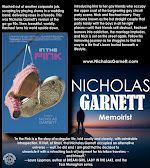









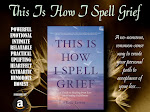
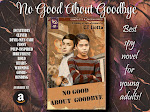


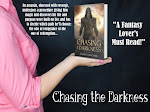
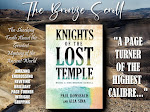





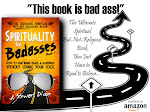

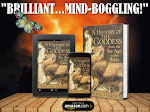

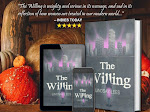
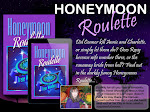
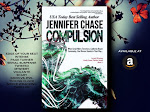

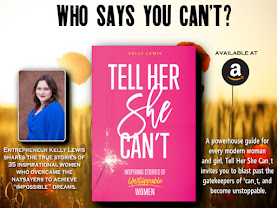









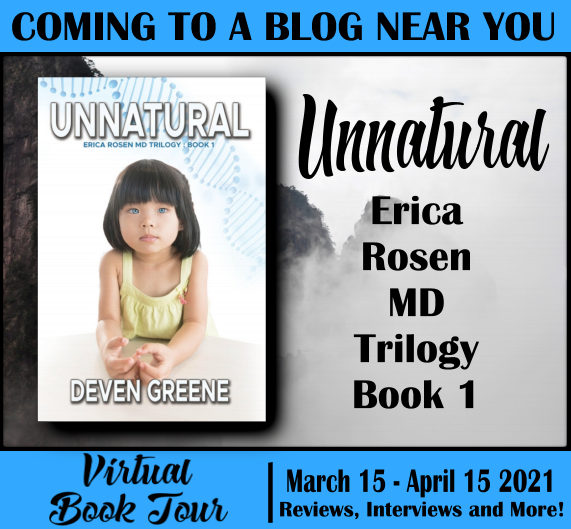

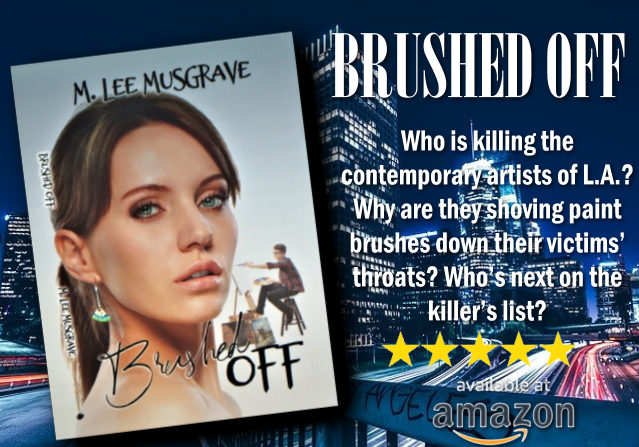


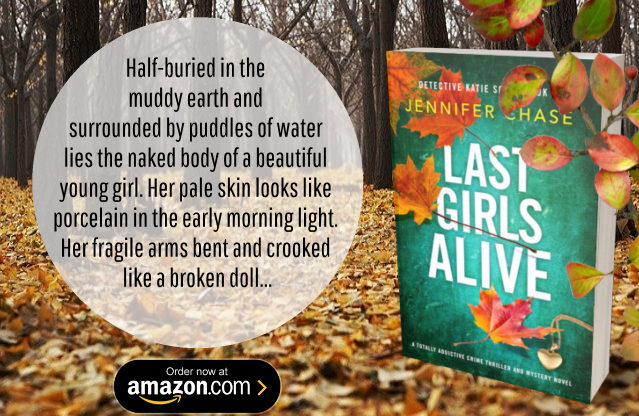
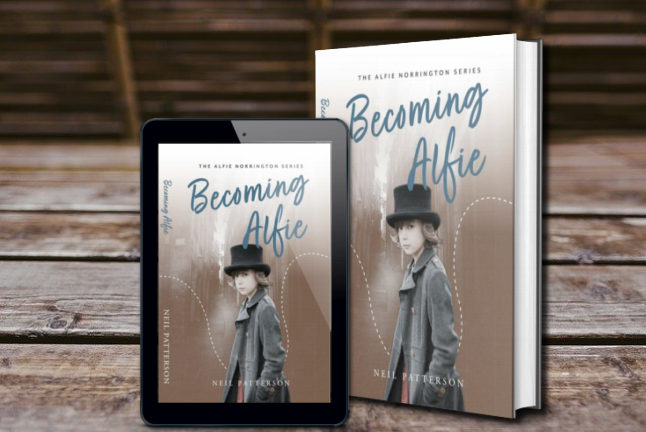
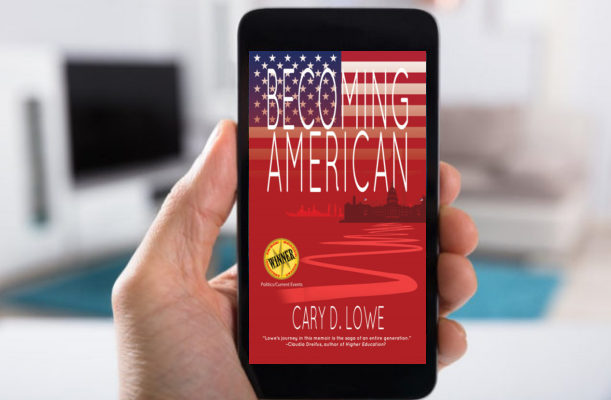

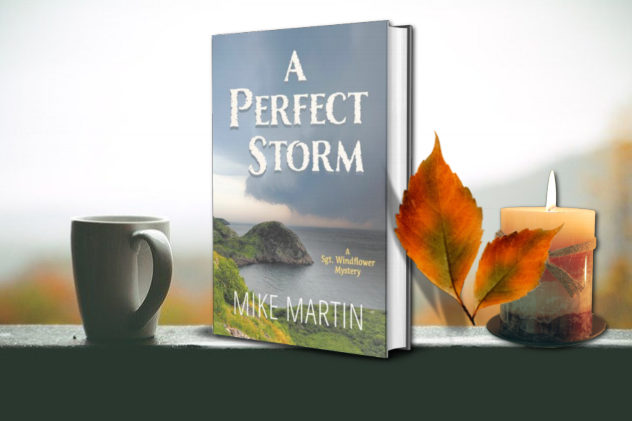
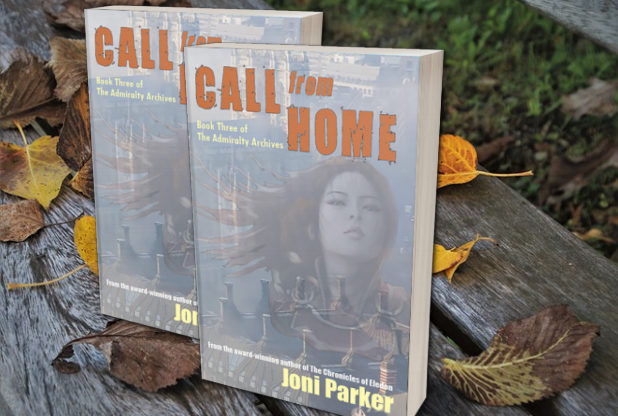
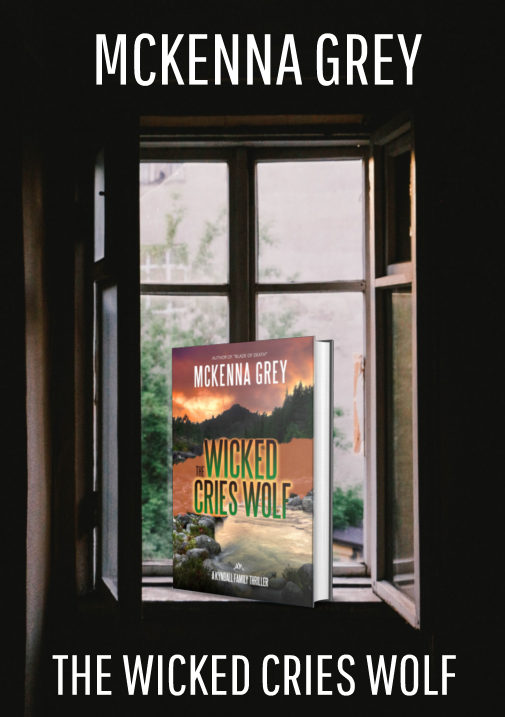


Leave a Comment